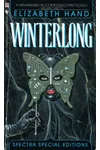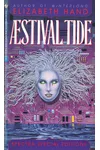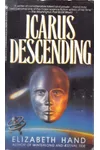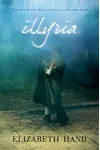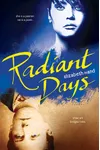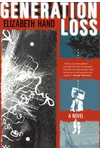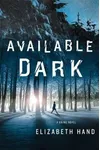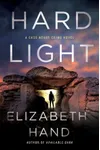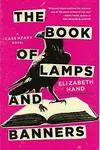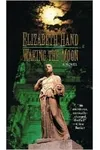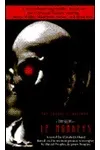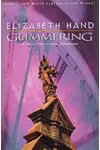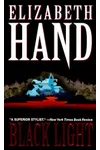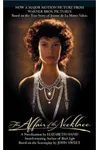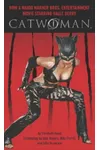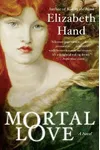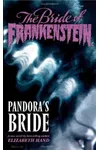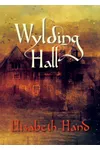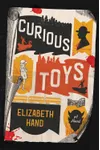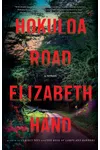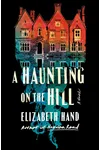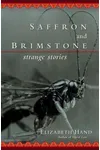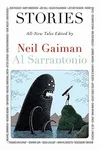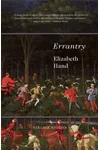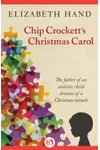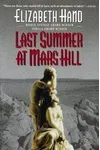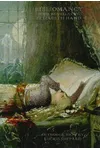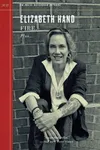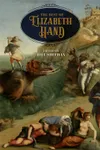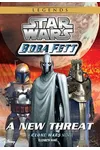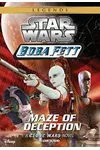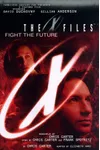Picture a storyteller who weaves science fiction, fantasy, and horror into spellbinding tales—meet Elizabeth Hand! Born in San Diego and raised in New York, this bestselling author has captivated readers with her genre-blending novels and evocative prose. With multiple Nebula and World Fantasy Awards, Hand’s work explores non-mainstream artists, climate change, and the human spirit, making her a unique voice in speculative fiction.
From her punk-rock days in the 1970s to her current role as a Creative Writing professor, Hand’s journey is as fascinating as her stories. Whether she’s crafting dystopian epics or chilling mysteries, her work invites readers to explore the edges of imagination. Let’s dive into the life and legacy of this literary maverick!
The Making of Elizabeth Hand
Born on March 29, 1957, Elizabeth Hand grew up in Yonkers and Pound Ridge, New York, with a love for drama and anthropology, which she studied at Catholic University. Her early years were marked by a rebellious streak—after flunking out of college, she immersed herself in the punk scenes of Washington, DC, and New York City. From 1979 to 1986, she worked at the Smithsonian’s National Air and Space Museum, a job that fueled her fascination with the strange and otherworldly. Hand’s writing career began with her first published story, “Prince of Flowers,” in 1988, followed by her debut novel, Winterlong, in 1990, setting the stage for her genre-defying career.
Elizabeth Hand’s Unforgettable Stories
Hand’s novels are a vibrant tapestry of science fiction, fantasy, and horror, often blending lyrical prose with gritty realism. Her breakthrough, Waking the Moon (1994), a contemporary fantasy that won the James Tiptree Jr. and Mythopoeic Awards, explores a mystical university and a battle between ancient forces. Mortal Love (2004), a historical fantasy, delves into artistic obsession across time, earning praise as a Washington Post Notable Book. The Cass Neary series, starting with Generation Loss (2007), follows a punk photographer navigating crime and supernatural elements, showcasing Hand’s knack for flawed, magnetic characters. Her short story collections, like Saffron and Brimstone (2006), include award-winning tales such as “Echo,” a Nebula winner, and reflect her ability to craft haunting, emotionally resonant narratives.
Hand’s style is marked by vivid imagery and a focus on outsiders—artists, musicians, and dreamers who challenge societal norms. Themes of climate change and environmental collapse weave through works like Glimmering (1997), a post-apocalyptic novel, reflecting her deep concern for the planet. Her stories often blur genre lines, appealing to both mainstream and speculative fiction fans.
Why Elizabeth Hand Matters
Elizabeth Hand’s impact lies in her fearless exploration of human complexity and her ability to transcend genre boundaries. Her work has inspired a generation of writers to embrace diverse voices and unconventional narratives. As a longtime reviewer for outlets like The Washington Post and The Magazine of Fantasy and Science Fiction, Hand has shaped critical discourse in speculative fiction. Her Cass Neary series is being adapted for a UK streaming platform, bringing her noir anti-hero to new audiences. Living between coastal Maine and North London, Hand continues to write and teach, mentoring aspiring authors and pushing the boundaries of speculative fiction.
- About Elizabeth Hand
- Born: March 29, 1957, in San Diego, California
- Key Works: Waking the Moon, Mortal Love, Generation Loss, Saffron and Brimstone
- Awards: Nebula, World Fantasy, Shirley Jackson, James Tiptree Jr., and International Horror Guild Awards
- Current Residence: Coastal Maine and North London
Ready to explore a world where art, mystery, and the supernatural collide? Snag Waking the Moon or Generation Loss and dive into Elizabeth Hand’s mesmerizing universe!
